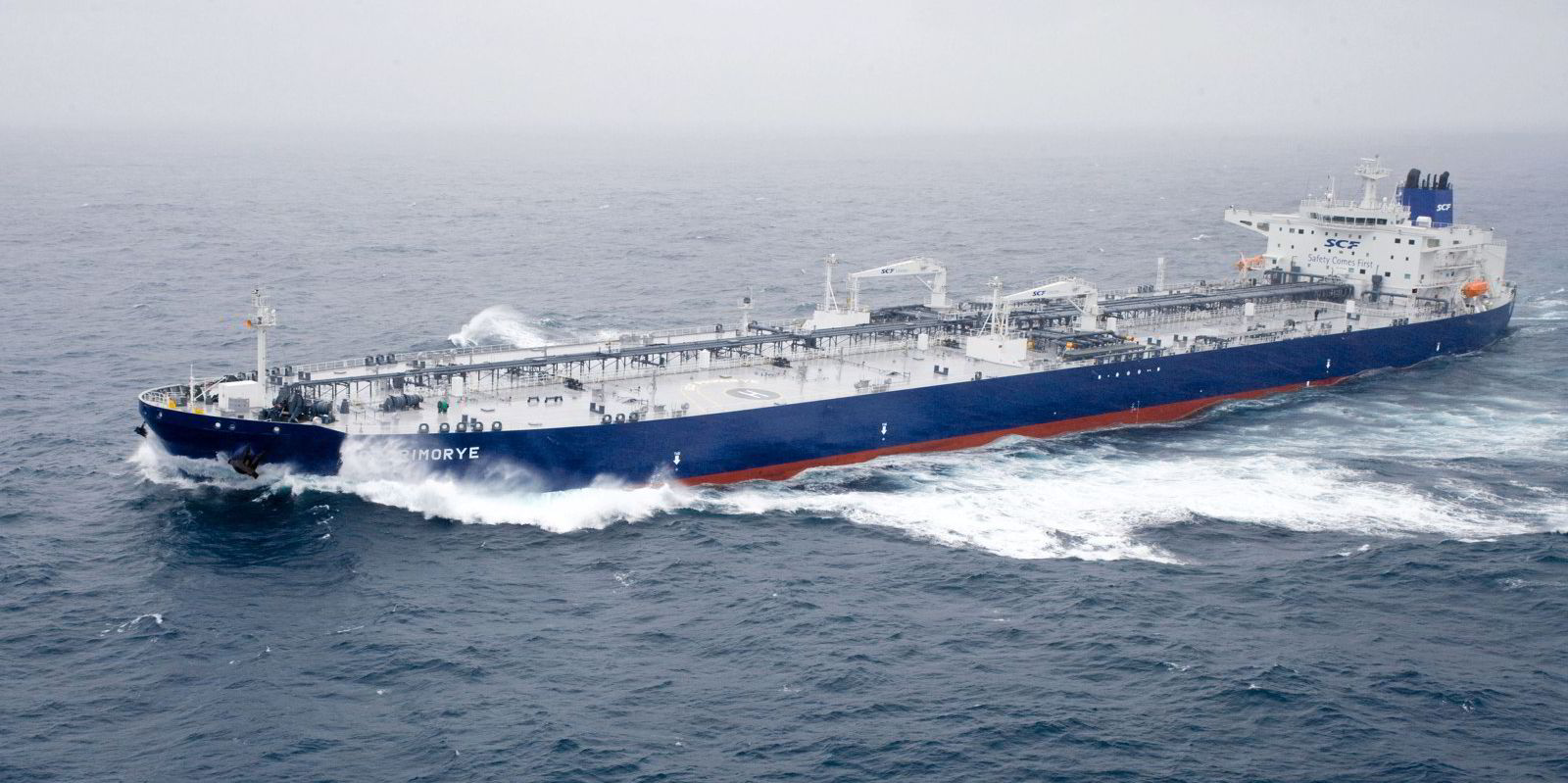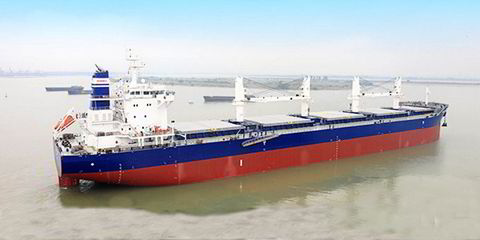Russian state tanker operator Sovcomflot has reportedly accepted that US-led sanctions are causing “operational difficulties” after its businesses and more than 20 vessels were targeted over the war in Ukraine.
The company has previously said it was unfairly targeted and would appeal against the listings but the US Treasury has continued to ratchet up the pressure against the company. The moves peaked last month when 14 of its tankers were blacklisted on a single day.
Western regulators have also imposed financial restrictions on the SCF Group and its subsidiaries, including Dubai-based Sun Ship Management and Oil Tankers SCF Mgmt FZCO, which have forced the company to seek alternative flagging and insurance services.
“New sanctions are creating additional operational difficulties for doing business,” Sovcomflot said in a comment to investors cited by Bloomberg.
“The company is working to overcome current challenges and continues to operate the fleet as usual.”
Sovcomflot had a fleet of 125 vessels including 102 tankers and 12 gas carriers, according to its last quarterly results published in September 2021. Clarksons currently lists the fleet as having 114 vessels.
TradeWinds reported last week that the blacklisted SCF group tanker 105,700-dwt NS Century (built 2006) finally discharged its crude cargo at the Chinese port of Qingdao, four-and-a-half months after loading at the Yeosu lightering zone off South Korea.
It had been due to deliver the cargo to India and spent weeks idling off the coast of Sri Lanka because of payment and sanctions issues, according to experts.

The US toughened its enforcement against tankers involved in hauling Russian crude from October when it sanctioned the first of 41 tankers for alleged price cap breaches. Half are from the SCF Group.
Western regulators have also targeted ship managers, which has forced a reshuffling of tanker fleets to new operators.
Oil price caps for crude and refined products were introduced in December 2022 and February 2023, respectively. Western operators, financiers and insurers could only become involved in those shipments if oil on board was sold below the cap price.
But the blacklisting of the tankers has taken that option off the table for Western players if they do not want to fall foul of Western sanctions regimes.
The global power of the US dollar has seen ports and buyers wary of taking sanctioned oil even if they are outside of the US sanctions net.
Read more
- UK inquiry to probe results of shipping sanctions
- US slaps Sovcomflot and 14 tankers with sanctions in next ‘step’ after price cap
- Sovcomflot tanker U-turns after US sanctions hit
- Fresh price cap crackdown sees US target new Sovcomflot tanker
- Dubai, the shadow fleet and a tale of vanishing tankers
- Tanker rates soar on ‘red hot’ Red Sea routes as owners embrace danger zone





